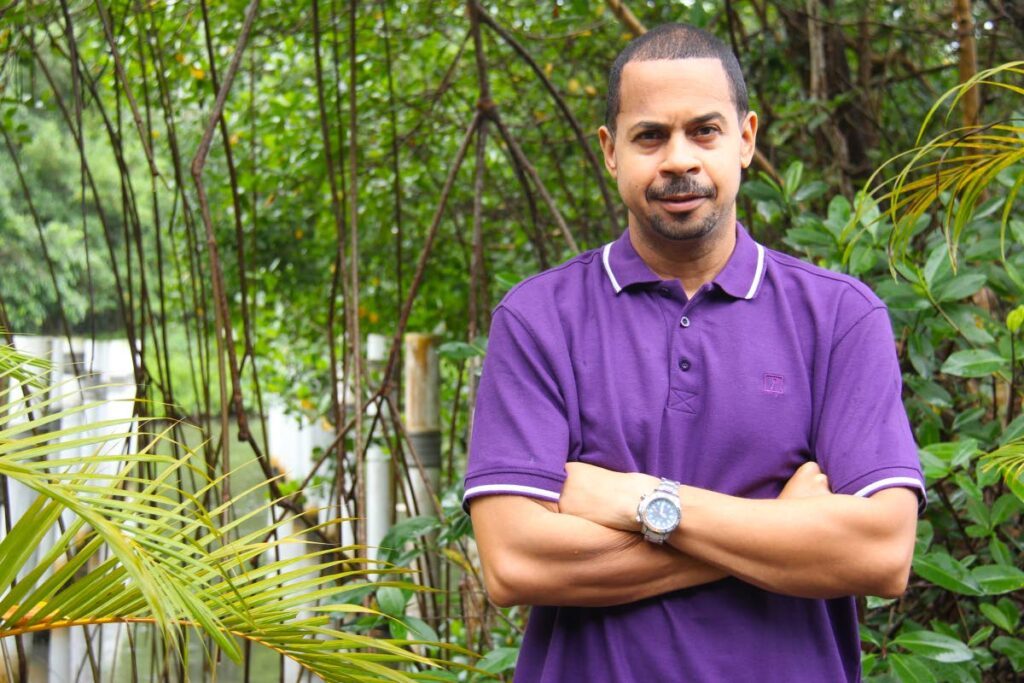Are podcasts still fit for purpose?

I LOVE A good podcast. Know any? Ouch! Lately, I’ve been finding it hard to keep these podcasts down. There’s one basic shortcoming endemic among many of them. For several practitioners of this “updated” format, their interview skills are…dodgy.
It’s deeply frustrating to arrive at the cul-de-sac of a two-hour podcast having endured a succession of circles spun enthusiastically by the host while learning nothing from a drawn-out, uninspired, rudderless conversation.
Podcasts are (were?) a great way to make sense of issues impacting our lives. Some discussions help you appreciate how a particular topic might directly veer into your lane of life without your ever having considered it. "How climate change affects your grocery bills." "Cumulative effect of commuter stress on your mental and physical health." My beef is that many podcasters don’t apply sufficient rigour to their content. The result is usually a meandering mess.
Podcasting became a thing back in 2004. Since then it's morphed into a multibillion-dollar industry among companies like Spotify, Sirius and others capitalising on increasing audience interest. True crime, cryptocurrency, cryptozoology, gaming, politics (leftwing, rightwing, wingnut), sport, culture – the chatterverse is infinite. In the realm of podcasts, the quality spectrum stretches in either direction beyond view. There’s a flower for every bee and, as human nature demands, a dung heap for every fly.
If you’re a podcaster and want to improve the quality of your content and enhance your longevity, there are a few adjustments that can make your output rewarding for listeners and yourself. It would be worth your while given that attention is a particularly scarce commodity nowadays.
Having come from a conventional media background myself, hosting different morning talk shows for several years, my experience has taught me that the principles of a good interview are like a clean black T-shirt – it works with everything.
The best interviewers draft questions based on what viewers and listeners would most likely want to know. This preparation helps bake in audience relatability, receptivity and retention. Research on chosen topics will also identify other areas of inquiry the audience might not have considered but would nonetheless be interested in.
One cardinal sin of the interview format is answering your own question. Many podcasters’ questions are so long and ill-formed they eat away at time, squander attention and often work in answers – even if incorrect. Keep your questions concise. Your task is to extract information and insights from the guest. I get that the podcast is often meant to be conversational in tone, but conversations can be boring. That’s why at parties and social gatherings we make our excuses to escape the clutches of dry, bloviating chatter.
The best interviews transport the audience. There isn’t always a resolution, but there’s a conclusion which means there must be a structure and flow to the exchange that follows a path keeping the audience in tow. Follow-up questions are essential to an organic, lively exchange.
Too often I see guests in podcasts offer glimpses of a fascinating perspective only for the podcaster to gloss over it with a colour-by-cue card approach. Research and preparation are critical, but so is keeping your ears open for additional questions that might be volunteered by your opposite. Some get it right, many get it spectacularly wrong.
The immensely popular YouTube interview show Hot Ones (which, strictly speaking, isn’t a podcast) is an excellent example of sharp interviewing. It’s a unique concept in which the guests are literally placed in the hot seat. They’re served chicken wings slathered in hot sauce ranging from mild to incendiary in ascending order, all while being peppered with questions from the invariably, eerily equanimous host Sean Evans.
Part of the pull is watching guests’ composure wobble as the rising intensity of the hot sauce cauterises their insides and scrambles their thoughts. However, the host is adept at taking the guests and viewers on a journey with thought-provoking probing that reflects meticulous prep.
In stark contrast, there’s the Joe Rogan Experience, eponymously named for the comedian and former UFC fighter. This is a podcast ostensibly about everything and nothing because of its execution. Still, it continues to dominate the industry. Rogan has a wide range of guests on, from athletes to astrophysicists, and seemingly applies the same level of preparation to all – little to none. When a guest says something, Rogan usually displays all the awareness of rising dough.
Podcasts needn’t mimic the starchy nature of some conventional talk and squawk. Just like writing, and speaking, though, strong interview skills are universal in appeal.

Comments
"Are podcasts still fit for purpose?"